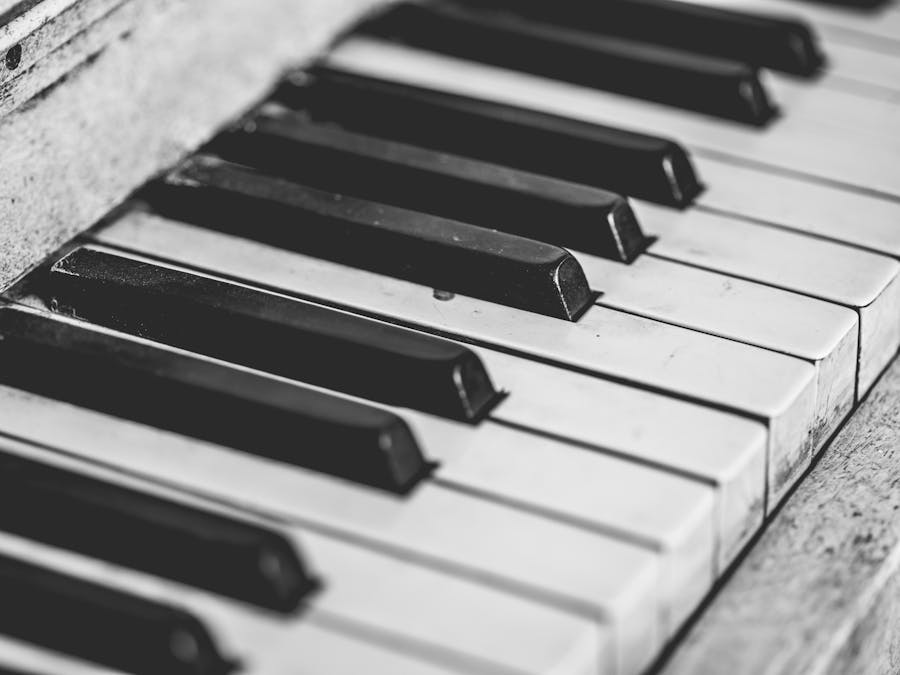 Piano Guidance
Piano Guidance
 Piano Guidance
Piano Guidance

 Photo: Salva F. Ayala
Photo: Salva F. Ayala
Several studies point towards piano playing making the brain run much more efficiently overall. That also leads us to think if all the percussion instruments that involve both hands actually have the same effect too, say for drums players.

If you want to be a professional classical performer, you're looking at a minimum of 10 to 15 years of concentrated study with a master teacher,...
Read More »
Vladimir Horowitz (1903-1989) There's a strong case to be made for Vladimir Horowitz to be crowned the greatest pianist of all time. He made his...
Read More »For many people, it’s something that’s been endlessly on the to-do list. I’ll take up the guitar. I’ll join a jazz band. If you can play a musical instrument, well done, you are doing something because you’re passionate about it. It takes dedication and willpower to become a good musician. For those who are undecided, on the verge of taking one up —as if you really need anymore reasons— here is proof of the benefits of playing a musical instrument.

Ivory and bone may develop an attractive brownish yellow "patina" over the years. This is the result of a natural aging process and, as there is...
Read More »
Cheap pianos for young beginners: digital pianos and keyboards. If the idea of an acoustic piano is beyond your budget or you are just not sure...
Read More »If that weren’t amazing enough, piano players come into a whole different league. Whilst guitar-playing favors left-handed dexterity (and vice versa for left-handed players), piano players learn to hit different notes with both hands while navigating between 88 keys. Learning the piano from a young age has an impressive effect on the brain development; amazingly, it has the effect of making a person’s brain more symmetrical. According to a study , the reason for this is that piano players have to overcome a characteristic that is innate in the vast majority of people, the favoring of one hand over the other. The central sulcus is a region of the brain that determines which hand is dominant. For most people, this region goes deeper on one side than the other determining which hand is dominant. For piano players, there is a clearly demonstrable difference to the majority of other people. The central sulcus is much more symmetrical. It may sound like we’re saying piano playing is great because it makes your brain look aesthetically pleasing. Of course the effects is further reaching and not quite as absurd. Several studies point towards piano playing making the brain run much more efficiently overall. That also leads us to think if all the percussion instruments that involve both hands actually have the same effect too, say for drums players.

How to read a time signature Bottom number Note value 2 Half beats 4 Quarter beats 8 Eighth beats Sep 19, 2022
Read More »
10 Awesome Gifts for Piano Teachers to Show Your Thanks Music Journal. Giant Floor Piano Keyboard. Piano Ornament. Piano Tote Bag. Piano Keychain....
Read More »
Ducky One 2 Mini RGB mechanical keyboard Ninja currently uses the Ducky One 2 Mini RGB mechanical keyboard with most likely Cherry MX Red or Speed...
Read More »
Likewise, 128th notes are used in the explicitly notated ornamental runs in the opening Adagio of Bach's g minor Sonata for Unaccompanied Violin...
Read More »